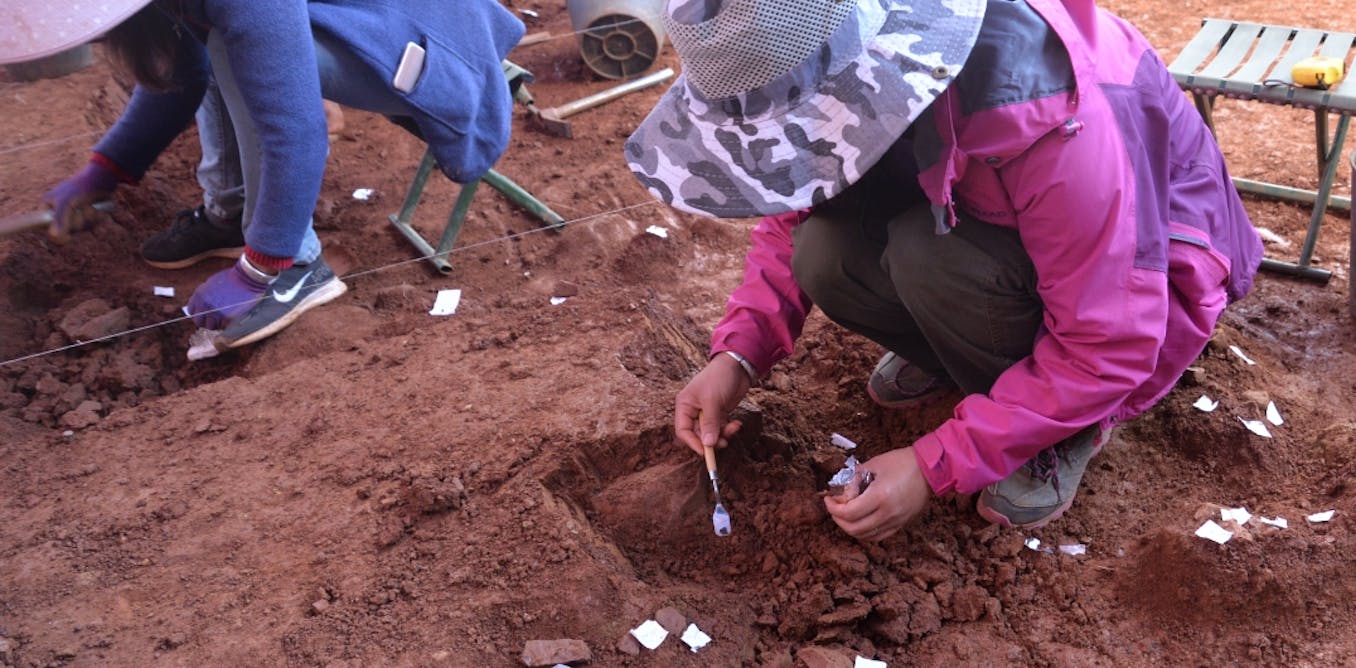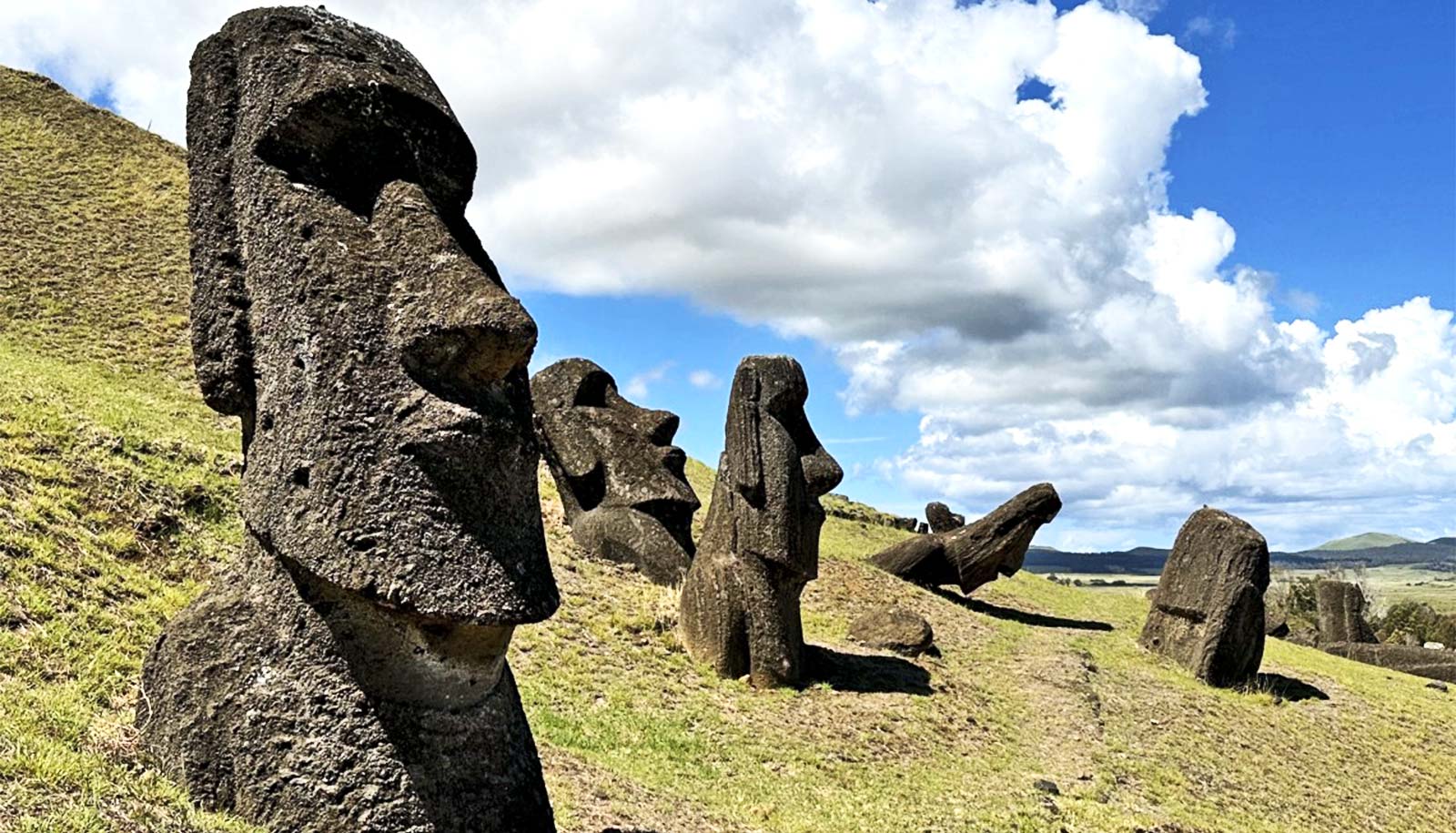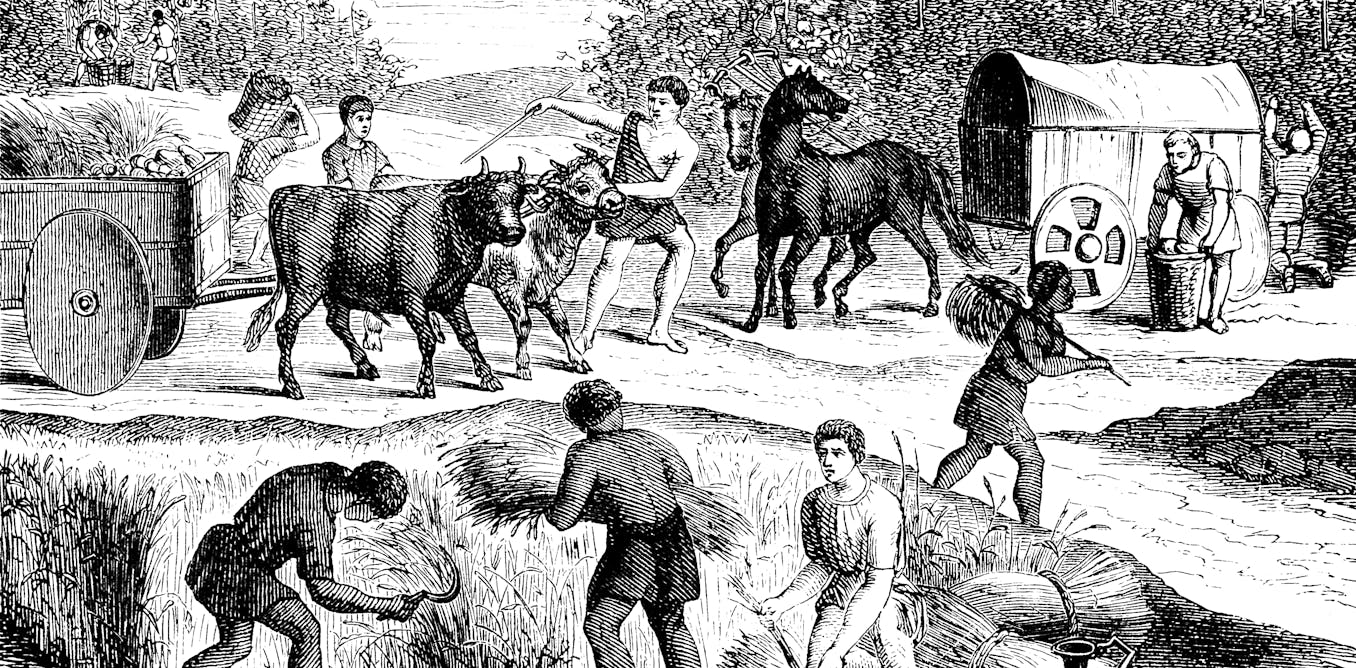Stone tool discovery in China shows people in East Asia were innovating during the Middle Paleolithic, like in Europe and Middle East
Discovery in China of tools called Quina scrapers suggests the people of East Asia were as inventive and flexible with technology during the Middle Paleolithic era as those in other parts of the world.
March 31, 2025 • ~9 min








